Go to sleep: Why early bedtime is essential to good health
Night owls take note — there’s increasing evidence to show that getting an early night is the key to boosting your health.
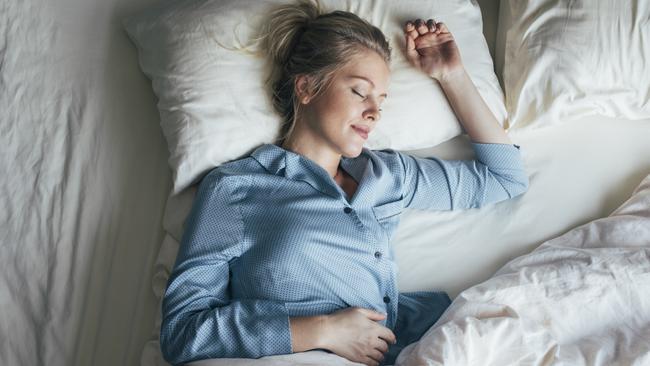
Last week a team from the University of Exeter reported that people who went to sleep between 10pm and 10.59pm had lower rates of heart disease than those who did so earlier or later.
The incidence of cardiovascular disease was 25 per cent higher in those going to bed at midnight or later. “Our study indicates that the optimum time to go to sleep is at a specific point in the body’s 24-hour cycle and deviations may be detrimental to health,” says Dr David Plans, a senior lecturer at Exeter in Britain.
“The riskiest time was after midnight, potentially because it may reduce the likelihood of seeing morning light, which resets the body clock.”
Dr Neil Stanley, an independent sleep researcher and the director of sleep science at Sleepstation, says that early nights used to be more common.
“It has become less socially acceptable as our lifestyles have changed and we have 24-hour television and 24-hour shopping,” he says. “But many of us naturally need earlier nights.”
Stanley says he is in bed between 9pm and 9.30pm because that is what he needs to stay fit and well.
“The key to good health and good sleep is to find out what you need and then stick to the same bedtime within an hour each night,” he says.
Here’s why an early night is so essential for your health.
It can protect your cardiovascular system
For their study, Plans and his team collected data on sleep onset and waking-up time over seven days using a wrist-worn accelerometer. Participants were then followed up over a period of five years for a new diagnosis of cardiovascular disease — heart attack, heart failure, chronic ischaemic heart disease, stroke and transient ischaemic attack.
During that time 3172 participants developed cardiovascular disease, and those with sleep times at midnight or later were more likely to suffer. The lowest risk was found to be in those who went to bed between 10pm and 10.59pm.
Plans says that “early or late bedtimes may be more likely to disrupt the body clock, with adverse consequences for cardiovascular health”.
It’s not the first time late nights have been linked to heart disease. Going to bed later and sleeping in at the weekend conflicts with your body’s usual sleep patterns and can cause what scientists have dubbed “social jet lag”. Researchers at the University of Arizona found that for every hour of regular social jet lag at weekends there was an 11 per cent increase in the likelihood of a person having heart disease.
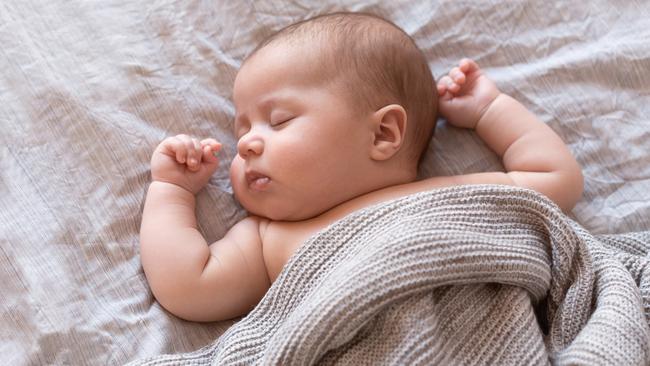
The risk of depression is reduced
Shifting your bedtime forward by an hour to establish a new sleep routine could reduce the risk of depression. A study of nearly 840,000 people by researchers at University of Colorado Boulder showed that each one hour of waking up earlier could reduce risk of serious depression by 23 per cent.
According to the findings published in the journal JAMA Psychiatry, this means that if someone who normally goes to bed at 1am goes to bed at midnight instead but sleeps for the same duration, they could cut their risk of depression by 23 per cent — and if the same person goes to bed at 11pm, they could cut it by about 40 per cent.
Earlier bedtimes decrease the risk of high blood pressure
A single late night can result in a spike in blood pressure that persists until the next day, according to one study at the University of Arizona that was published in the journal Psychosomatic Medicine. Researchers at Duke University found that even subtle changes, such as going to bed at 10.10pm instead of their usual 10pm, were linked to adverse health impacts for participants.
Adults who varied their sleep times experienced the most ill effects, including higher blood sugar and blood pressure than those who stuck resolutely to sleeping at the same times every day. “Consistency is key for a good sleep pattern and sleep quality,” Stanley says. “If you switch to early nights, you should keep it up at weekends too.”
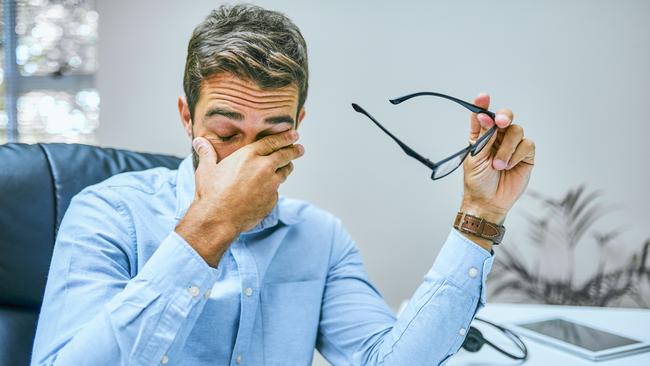
It’s better for your cognitive function
Even if you are an extreme night owl who rarely gets to bed until the early hours, it is possible to train yourself to go to bed earlier within weeks. And that could result in a host of cognitive and physical benefits.
To demonstrate this, a team of researchers from the University of Birmingham and the University of Surrey recruited 22 night owls with an average bedtime of 2.30am and an average wake-up time of 10.15am and asked them to go to bed two to three hours earlier than usual and to stick to the routines at weekends, for three weeks.
Dr Andrew Bagshaw, from the University of Birmingham’s Centre for Human Brain Health, says the phased earlier nights were “associated with improvements in mental wellbeing and perceived sleepiness”, as well as improved cognitive function, and even physical improvements such as improved grip strength of muscles. Many participants also reported that they reached “peak” mental and physical performance capacity in the afternoons rather than in the evenings, as they were before the study, with implications for improved work performance.
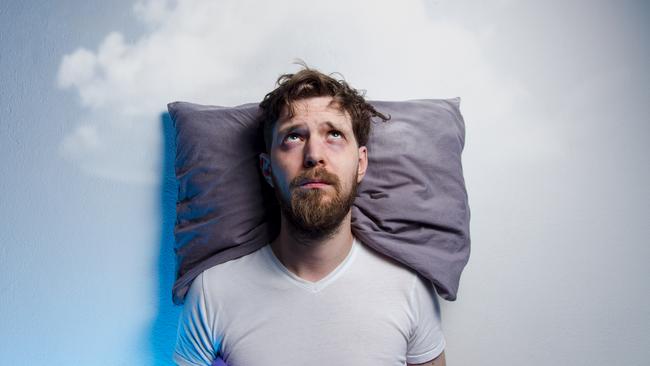
You’ll feel less anxious and stressed
In another large-scale study at the University of Exeter that was published in June, researchers showed how frequently defying their need for an early night can leave people feeling more anxious.
“We found that people who were misaligned from their natural body clock were more likely to report depression, anxiety and have lower wellbeing,” says Jessica O’Loughlin, a researcher at the University of Exeter Medical School. Staying up late and missing your opportunity to get eight hours a night may also mean you are prone to ruminating on negative thoughts that can heighten feelings of anxiety.

Early nights will help you to lose weight
Chronic late nights and missed sleep have been associated with a higher risk of obesity, and “people who sleep for less than seven hours each night generally have a higher BMI (body mass index) than people who have a regular good night’s sleep”, Stanley says.
This is partly because of the effect of night-time snacking. A review of data on almost 20,000 people by Christopher Taylor, a professor of medical dietetics in the School of Health and Rehabilitation Sciences at Ohio State University, found those going to bed later tend to snack more on sweets, salty snacks and soft drinks. And the longer they stayed up at night, the more opportunities there were for extra calories to be consumed.

You’ll burn fat more efficiently
Late-night eating means more than just extra calories. Some researchers have suggested that defying our natural circadian rhythms by eating late at night interferes with the body’s ability to burn fat. Last year researchers who compared morning (8am) with evening (10pm) snacks found that nibbling on extra calories at 10pm delayed the body’s ability to target fat stores for burning, causing it to break down carbohydrates instead.
Kevin Kelly, a researcher in the school of Biological Sciences at Vanderbilt University and an author of the paper in PLOS Biology, found that participants who ate breakfast burnt 15g more of fat over 24 hours than those who ate late at night. Over time this could lead to significant fat accumulation around the body.
“This confirms that the timing of meals during the daytime and night-time cycle affects how ingested food is used and stored,” Kelly says. “And that any food ingested prior to bedtime will delay the burning of fat during sleep.”
The Times



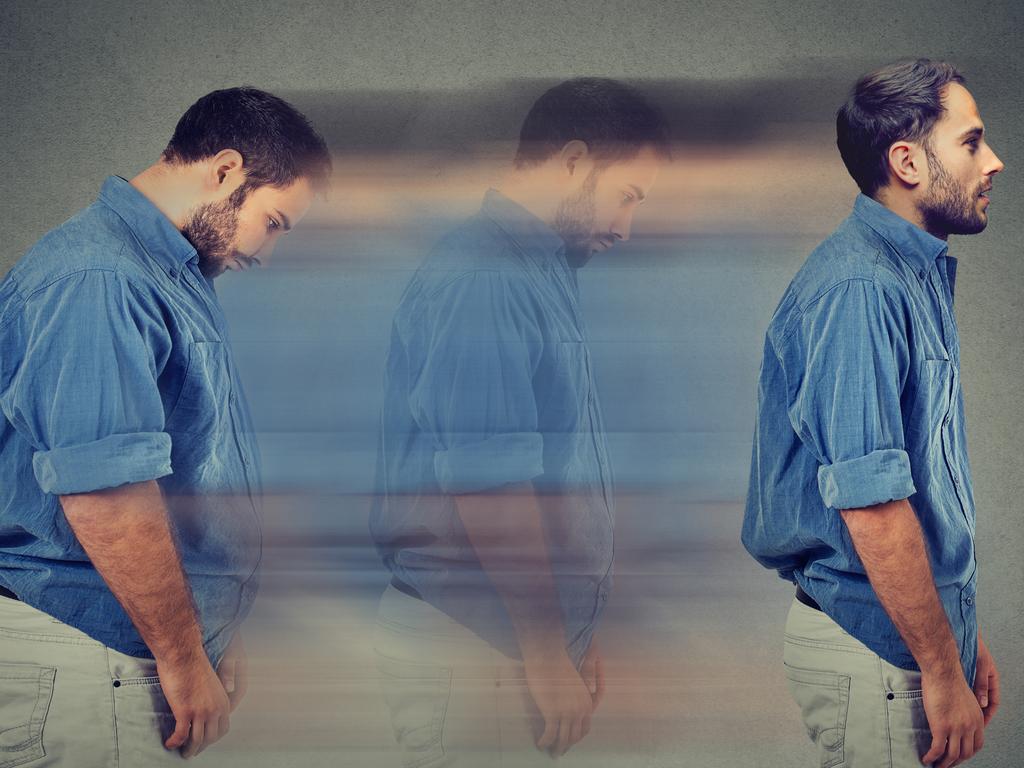



To join the conversation, please log in. Don't have an account? Register
Join the conversation, you are commenting as Logout